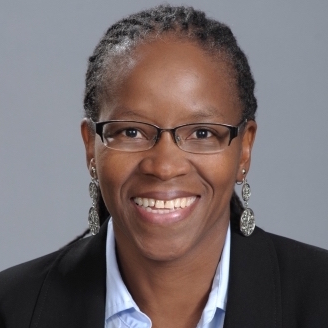
The work of eliminating the gender wage gap must begin in the church. In the Episcopal Church, the devaluing of women’s work parallels that of the society, in general. The church data shows that more female priests are in assistant and associate positions — positions that pay much less — than male priests. Male priests, even newly ordained, are likely to be in solo rectorship or priest-in-charge positions — that pay much more. Maintaining compensation systems that favor male priests makes the ordination of women symbolic rather a true recognition that women and men are equally called to serve God and God’s people.
The church cannot fight for equal pay in the broader society while exonerating itself. That is rightly viewed as hypocrisy, which renders the church voiceless and ineffective in bringing about the just reign of God in this world. The church can only be prophetic, that is, the voice of protest against socioeconomic injustices when the church is making an effort to do justice. In the next 40 years, may the church take seriously the economic equality of women!
Dora Rudo Mbuwayesango is dean of students and George E. and Iris Battle Professor of Old Testament and Languages at Hood Theological Seminary and a member of the steering committee of the Chicago Consultation.


